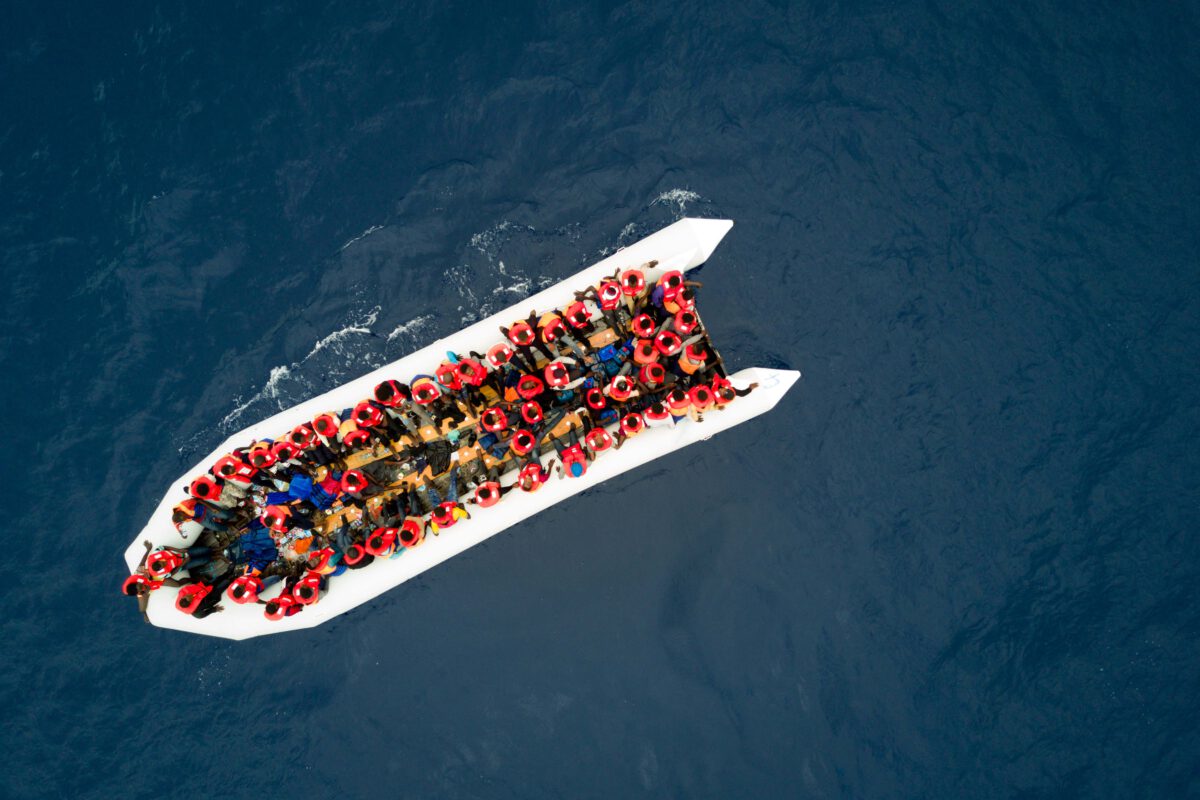Question: Frontex and refoulement at sea

In order to be able to exercise my parliamentary control function as a Member of the European Parliament, I have the opportunity to put questions to the European Commission. The Commission must answer these questions.
I put the following questions to the Commission:
Subject: Refoulement at sea and Frontex's call for laxer rules on the disembarkation of rescued persons in third countries
In response to media reports that the European Border and Coast Guard Agency (Frontex) has been involved in illegal refoulement at sea in the Aegean, Frontex intends to set up an 'evaluation committee' chaired by the Commission[1]. The committee is to deal in particular with the maritime external borders regulation[2] deal with. This regulates Frontex operations at sea and implements the ban on refoulement at sea resulting from the Hirsi ruling of the European Court of Human Rights.[3] results. The agency had already complained in its annual report on the External Maritime Borders Regulation of 27 August 2020 that the rules governing Frontex operations at sea were too strict, particularly with regard to the disembarkation of persons rescued at sea in third countries.[4]. This makes Frontex operations unattractive for the Member States. Under the regulation, Frontex is strictly prohibited from participating in refoulement operations at sea.
1. whether the Commission considers the establishment of such a committee to be an appropriate response to Frontex's possible involvement in refoulement at sea?
2. if the Commission intends to chair the committee, what is its objective in doing so?
3. whether the Commission can rule out the possibility of watering down the regulation on external maritime borders in order to facilitate the refoulement or disembarkation of rescued persons in third countries?
Answer given by Commissioner Ylva Johansson on behalf of the European Commission on 25/02/2021:
The Commission does not support the establishment of such a committee, as the Management Board of the European Border and Coast Guard Agency (Frontex) has already set up a working group which is currently conducting an investigation into all aspects related to the matter. This group is looking into the alleged incidents, the measures taken by Frontex, the rules governing Frontex's maritime operations and the adequacy of the Agency's reporting system. The Commission is represented in this working group.
The Committee on Civil Liberties, Justice and Home Affairs and the Secretariat-General of the European Parliament are closely involved in this process.
Any relevant questions on the practical implementation of Union law applicable to Frontex's operational activities could be addressed in the context of the ongoing discussions at Management Board level, with the understanding that a binding interpretation of Union law can only be given by the European Court of Justice.
The Commission remains committed to ensuring the effective management of our external borders in full compliance with the applicable provisions of Union law, including those relating to the protection of fundamental rights. Without prejudice to the Commission's right of initiative with regard to relevant Union policies as provided for in the Treaties, it should be noted that the revision of Regulation (EU) No 656/2014[5] is not included in the Commission's legislative programme.
[1] https://frontex.europa.eu/media-centre/news-release/frontex-calls-for-committee-to-consider-questions-related-to-sea-surveillance-BMieC8
[2] Regulation (EU) No 656/2014 of the European Parliament and of the Council of 15 May 2014 laying down rules on the surveillance of the external maritime borders in the framework of the operational cooperation coordinated by the European Agency for the Management of Operational Cooperation at the External Borders of the Member States of the European Union.
[3] Hirsi Jamaa v. Italy, et al.
[4] Frontex: Annual report on the implementation of Regulation (EU) No 656/2014 of the European Parliament and of the Council of 15 May 2014 establishing rules for the surveillance of the external sea borders in the context of operational cooperation coordinated by Frontex 2019, 27/8/2020 (not yet published).
[5] OJ L 189, 27.6.2014, p. 93.